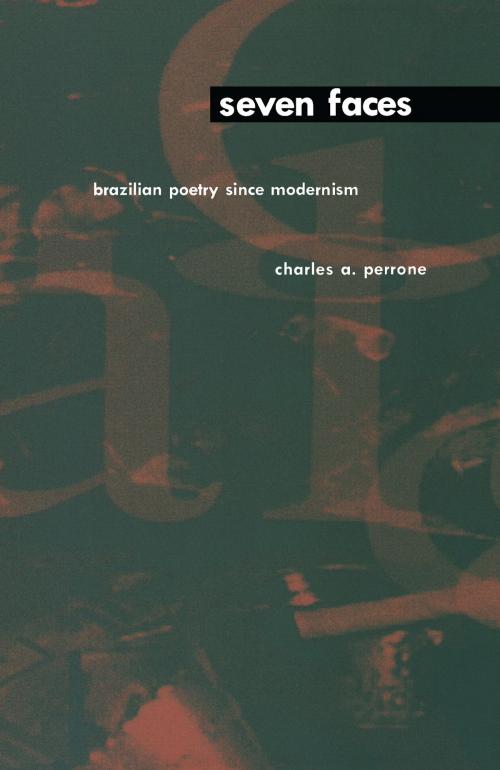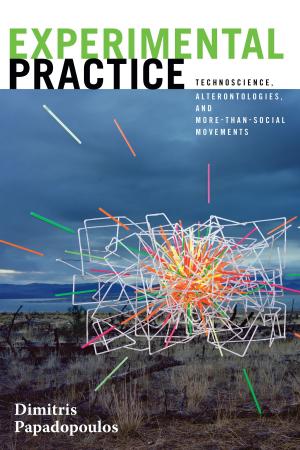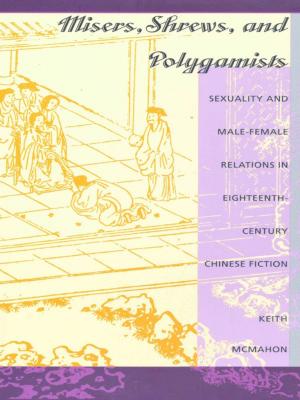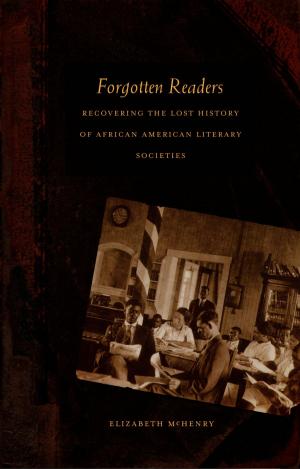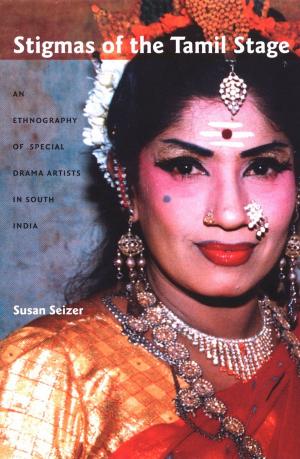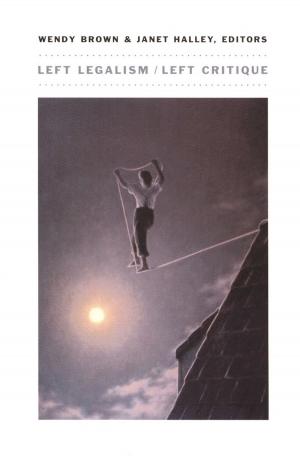Seven Faces
Brazilian Poetry Since Modernism
Fiction & Literature, Literary Theory & Criticism, European, Spanish & Portuguese, Poetry| Author: | Charles A. Perrone | ISBN: | 9780822398011 |
| Publisher: | Duke University Press | Publication: | August 16, 1996 |
| Imprint: | Duke University Press Books | Language: | English |
| Author: | Charles A. Perrone |
| ISBN: | 9780822398011 |
| Publisher: | Duke University Press |
| Publication: | August 16, 1996 |
| Imprint: | Duke University Press Books |
| Language: | English |
Brazil, perhaps more than any other nation of the Americas, has placed poetry at the forefront of dialogue and debate about the limits and uses of art, the social duties of artists, and the nature of nationalism and national identity. In Seven Faces, Charles A. Perrone charts the course of Brazilian poetry in the contemporary period through the principal currents, multiple tendencies, and aesthetic tensions that have made the Brazilian lyric so creatively diverse.
Perrone introduces the most important poetic themes of the second half of this century with a look back at Brazilian modernismo and the avant-garde legacy of poets of the 1920s and 30s. Brazilian poets, the author reveals, have long drawn inspiration from the other arts, experimenting with the inclusion of music, graphic arts, and other nontraditional elements within lyric forms. Relating aesthetic concerns to cultural issues, Perrone elucidates the major poetic movements in Brazil since modernismo: concretism and vanguard poetry, politically committed verse of the 60s, youth poetry of the 70s, the lyricism of Brazil’s renowned popular music, and the rethinking of poetry through postmodernism in the final decades of this century.
Providing a window on the ways in which poetry reflects a national spirit and offers a measure of the status of culture in a consumer society, Seven Faces is the only book-length study in English of contemporary Brazilian poetry. It will be welcomed by students and scholars of Latin American literature as well as by general readers interested in poetry and its influence on culture and society.
Brazil, perhaps more than any other nation of the Americas, has placed poetry at the forefront of dialogue and debate about the limits and uses of art, the social duties of artists, and the nature of nationalism and national identity. In Seven Faces, Charles A. Perrone charts the course of Brazilian poetry in the contemporary period through the principal currents, multiple tendencies, and aesthetic tensions that have made the Brazilian lyric so creatively diverse.
Perrone introduces the most important poetic themes of the second half of this century with a look back at Brazilian modernismo and the avant-garde legacy of poets of the 1920s and 30s. Brazilian poets, the author reveals, have long drawn inspiration from the other arts, experimenting with the inclusion of music, graphic arts, and other nontraditional elements within lyric forms. Relating aesthetic concerns to cultural issues, Perrone elucidates the major poetic movements in Brazil since modernismo: concretism and vanguard poetry, politically committed verse of the 60s, youth poetry of the 70s, the lyricism of Brazil’s renowned popular music, and the rethinking of poetry through postmodernism in the final decades of this century.
Providing a window on the ways in which poetry reflects a national spirit and offers a measure of the status of culture in a consumer society, Seven Faces is the only book-length study in English of contemporary Brazilian poetry. It will be welcomed by students and scholars of Latin American literature as well as by general readers interested in poetry and its influence on culture and society.
